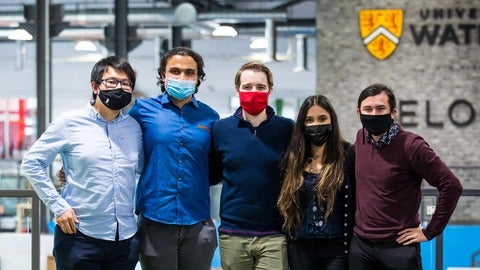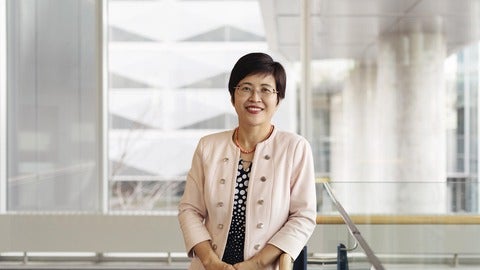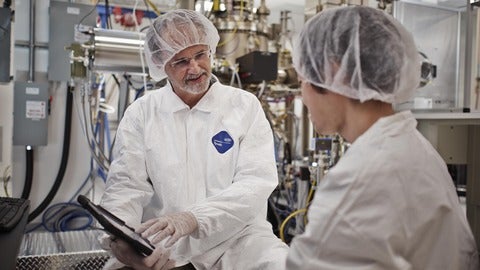Linda Nazar awarded the 2020 MRS Medal
The Materials Research Society (MRS) presented Waterloo chemist, and WIN member, Linda Nazar with the 2020 MRS Medal for “outstanding contributions to advanced materials design, synthesis and characterization for energy storage, particularly Li battery technologies.”
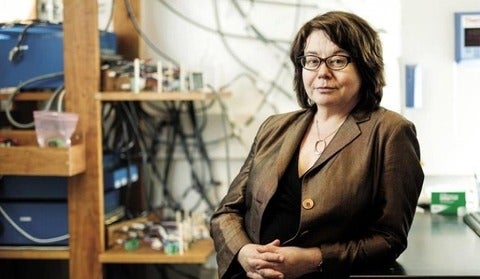
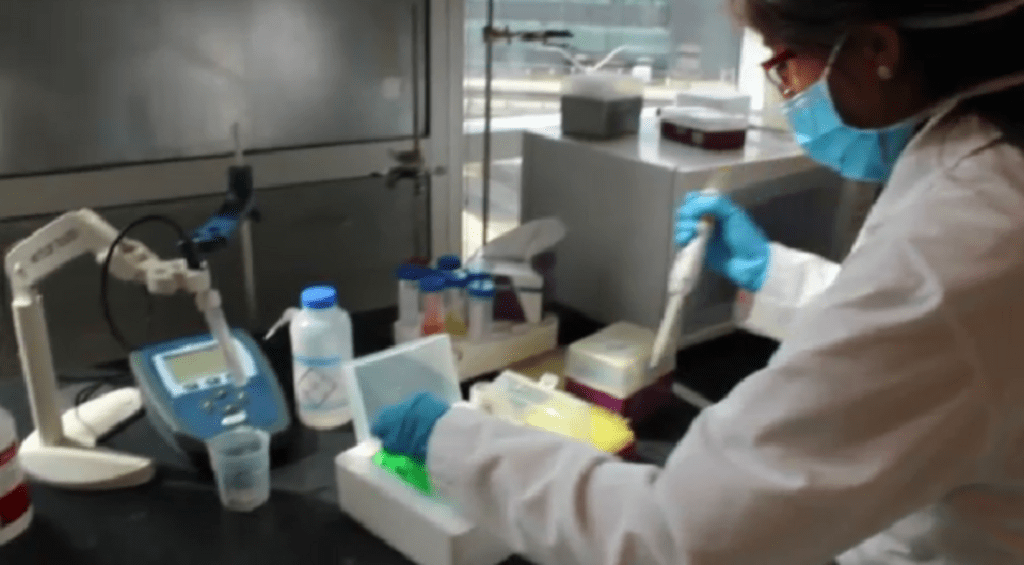
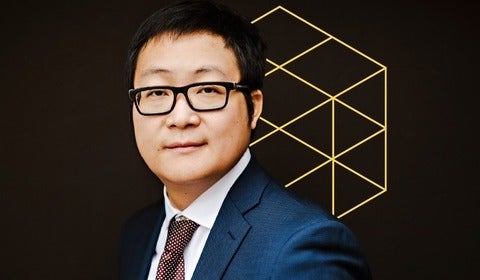
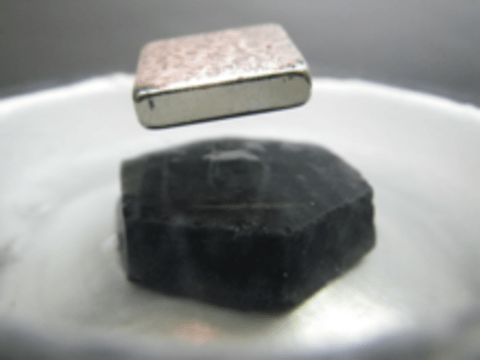
 Although physicists understand the properties of metals, insulators and semiconductors extremely well, the basic physics of high-temperature superconductors has remained a great mystery for over 30 years.
Although physicists understand the properties of metals, insulators and semiconductors extremely well, the basic physics of high-temperature superconductors has remained a great mystery for over 30 years.
